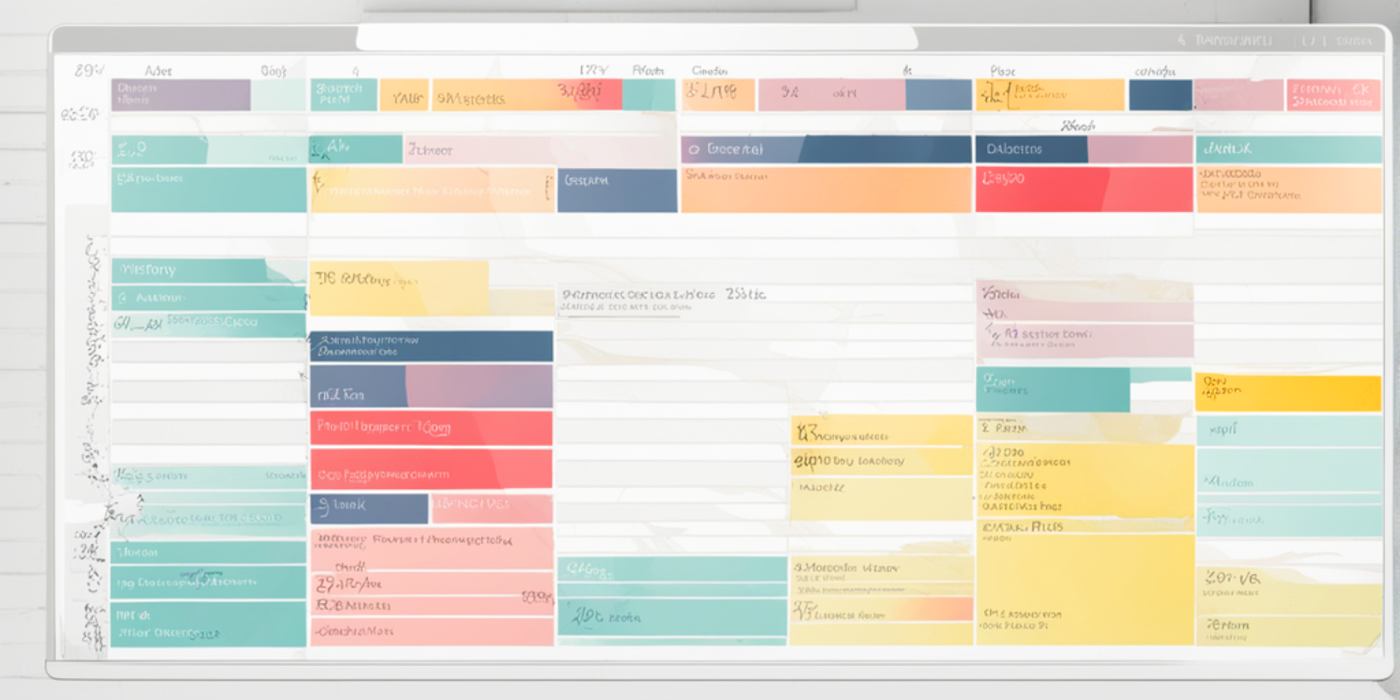Reflect
Part of my method to lose 150lbs is to reflect on my progress and refine my plans as I go. There’s no doubt that spending a little time going over my goals for the coming week helps me to focus. By keeping lists, trackers and logs, I keep one step ahead of myself (most of the time!).
Tracking my food intake, body measurements, exercise, weight loss etc. is a useful way of keeping my short- and long-term goals in mind while I’m losing weight and helps me to:
- Hold myself accountable
- Stick to an eating window
- Adjust my plan depending on how I’m doing
- Spot patterns of behaviour, both good and bad
- Stay in control during mid-afternoons when cravings tend to hit
- Make sure I drink enough water
- Remember to take supplements at certain times
- Make sure I’m eating enough
- Pinpoint food intolerances
- Keep my motivation, for example if the weight hasn’t gone down but the inches have
- Make sure I take regular exercise
- Connect the dots between what I eat and how I feel emotionally
- Make my daily goals the point of focus first thing in the morning
- Want to keep momentum going the next day
- Identify triggers that lead to binge eating
- Balance my diet with a variety of nutrient-dense animal products
It may all sound a bit time-consuming but keeping detailed logs and trackers is helping me to stay mindful about how I’m treating myself, after decades of self-sabotage.
Focusing on what I’m doing in the present, rather than drifting into the past or dreaming about the future, means that I’m more connected with my weight loss journey.
Hour by hour, day by day my trackers are helping me to build healthy new habits that I don’t want to drop. Seeing even the smallest amount of progress really helps with motivation and it’s easier to get back on track when I can just repeat what I did when I was getting great results.
How to create an action plan:
- Decide on your goal
- Write your goal down
- Set a deadline
- Make a list of everything you could do to achieve your goal
- Schedule your goal into a comprehensive plan
- Plan each day the evening before
- Plan each week the weekend before
- Plan next month at the end of the current month
HOW TO CREATE AN ACTION PLAN:
I have been known to be guilty of planning too much and doing too little, but filling in trackers and reassessing my plans at least once a week really does help me to stay on top of my progress.
I fill in a daily and weekly tracker that includes my meals, eating windows, water, supplements, exercise, weight and body measurements.
Bring inflexible about my goals does not tend to work for me but at the same time sticking to a rough schedule each day helps me stick to a decent eating window, take in enough fats and water, and do some sort of exercise.
Every Sunday (and most evenings) I look through my trackers and adjust my next goal/s accordingly.
I also find it helps to keep some sort of journal, particularly when water fasting. Re-reading my notes helps me to spot patterns of behaviour that tend to drag me off the rails – and to see progress spurs me on to keep going.
All in all, reflecting on my progress and reviewing my plans each week is an effective way to stay in control.

TIME MANAGEMENT
There are only 24 hours in a day and we need to decide how best to use them if we’re going to reach our goals. I enjoy the process of writing to-do lists on paper but when it comes to trackers I prefer to keep everything online. It’s far more convenient (I create websites for small businesses so am online most of the day) and there’s no danger of spilling bacon fat all over them.
This video from Ali Abdaal has some useful tips on how to use an online calendar to organise and manage your time. I use Google Calendar so I might just give this a whirl…
EMBRACING MISTAKES
When we learn something new, we make mistakes. Mistakes cause us to be in a state of frustration so we think they’re a bad thing. In reality, when we make a mistake the brain becomes more alert and is in a higher level of focus the next time we repeat that learning process. Errors make the brain more plastic, in other words, so mistakes are a vital part of the learning process, not something to avoid or be ashamed of.
This video by Andrew Huberman explores the neuroscience of goal setting and goal achievement and why making mistakes allows us to do better overall.
making new habits stick
One of the things I’ve been most consistent at is being inconsistent. I’m great at it. I’ve lost count of the number of times I’ve being doing really well, only to jump right off the rails into old habits. One of my goals is to be consistent with new, healthier habits and to spot the warning signs before I fall off the wagon.

